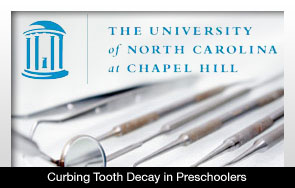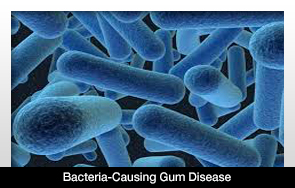 |
A new study by the University of North Carolina at Chapel Hill shows that a preventive program administered to children under age 4 can limit the need for treatment involving tooth decay.
The program, called “Into the Mouths of Babes,” trains doctors and nurses not in the dental profession, while giving them the ability check for dental caries and other issues. The program was created in 2000 by North Carolina Medicaid as a way of being proactive in curbing childhood tooth decay rates.
Before the program was instituted, 40 percent of children entering kindergarten in North Carolina experienced some form of childhood caries. In some areas, the rate was as high as two out of three children. Eligible recipients are enrolled in Medicaid because many of the program’s participants come from families with a low household income.
Many other states are utilizing this model now.
A study by the journal of Pediatrics indicated that children through age 6 who had at least four visits in this program before they turned 3 had 17 percent fewer visits to the dentist for treatment involving dental caries.
The program works best when the child visits the dentist right around time of his or her first birthday—the time baby teeth begin appearing. The children then need follow-up visits on a regular basis.
The children who visited the dentist in the 12- to 15-month old area had roughly half as many dental caries treatment visits when they reached 18 months compared to children who had yet to visit the dentist. Higher risk children may require fluoride varnish application every three or four months beginning at around six months of age.
The medical providers involved in this study are trained by Kelly Close, who is the preschool oral health coordinator with the oral health section in the public division of the NC Department of Health and Human services.

|









